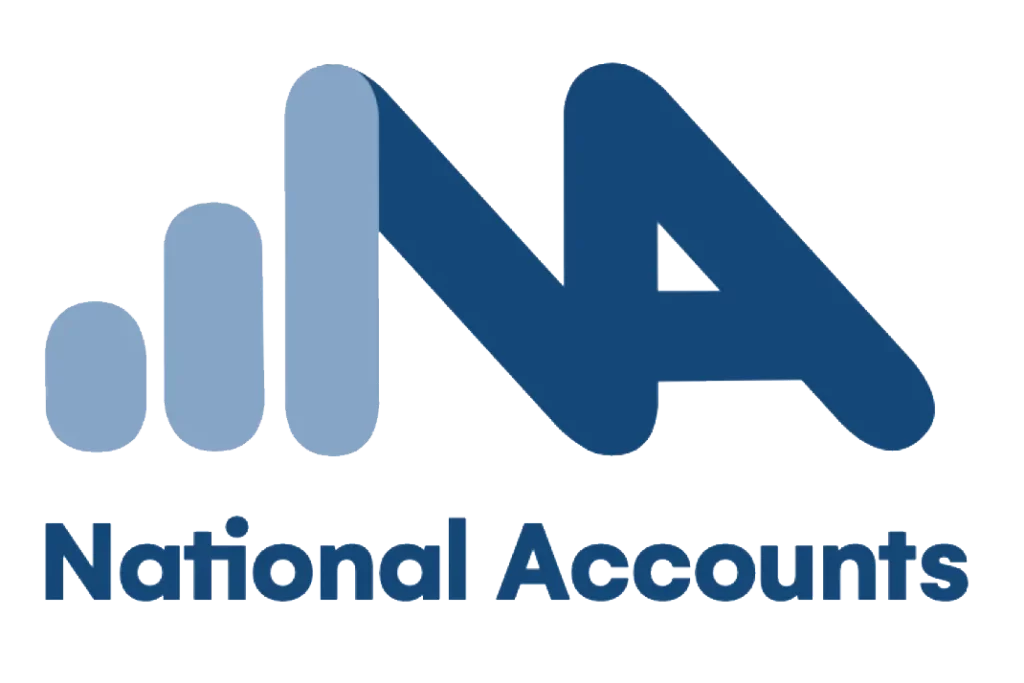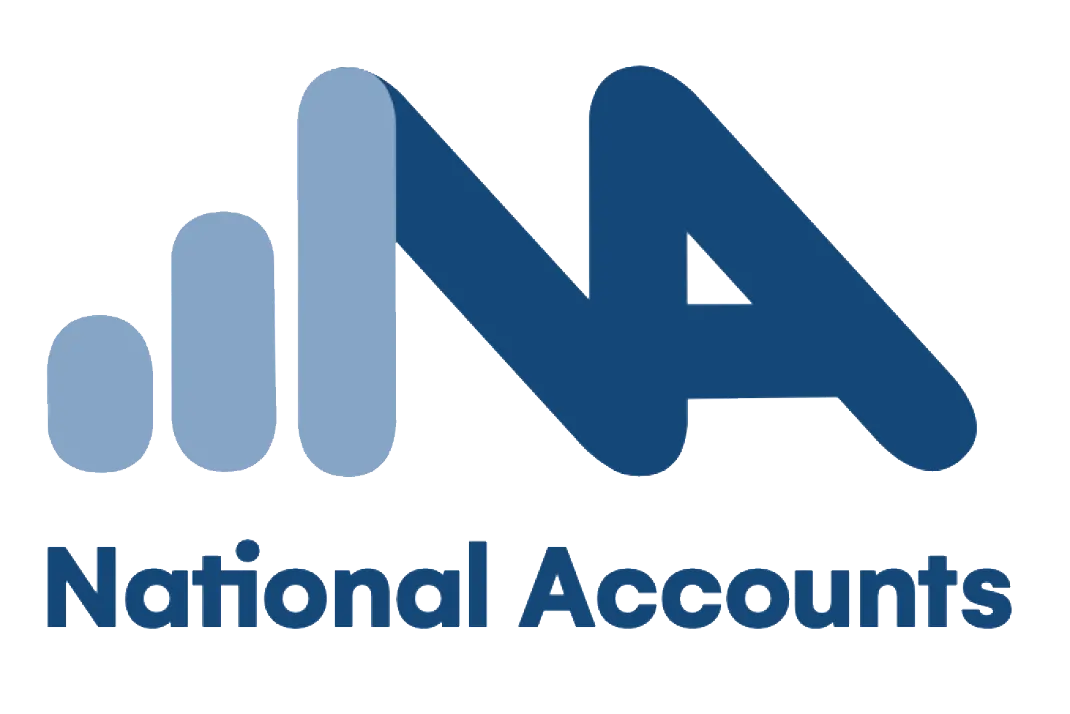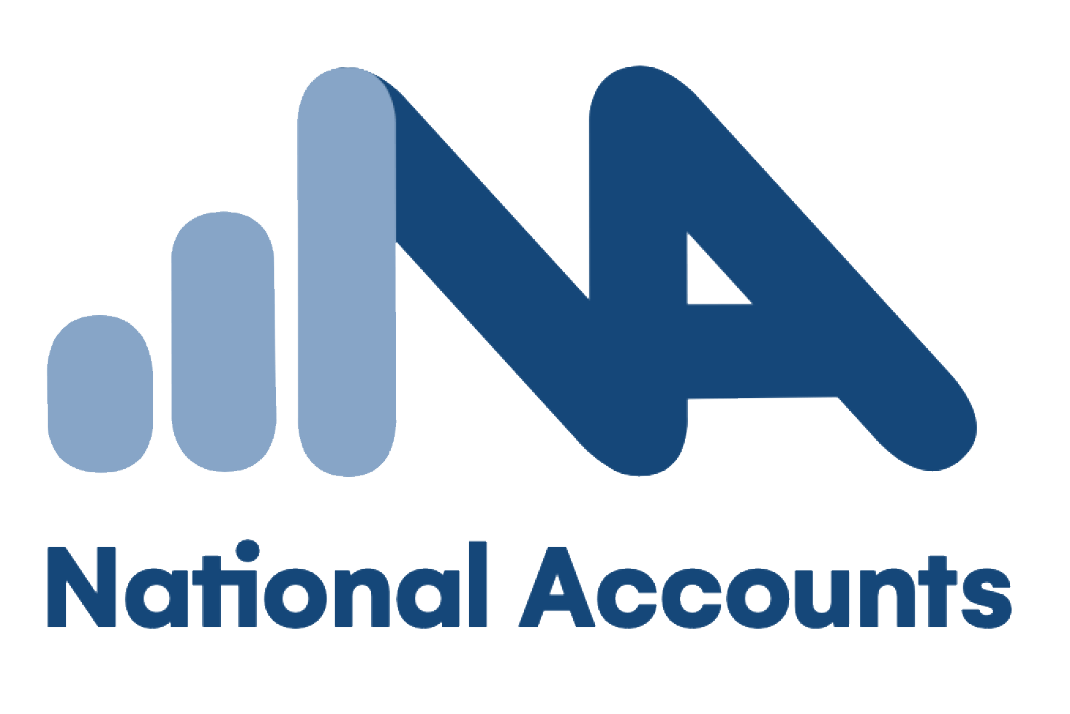Are you ready to navigate the complexities of income tax and make the most of the recent changes? As leading experts in the field, National Accounts is here to provide you with invaluable insights and strategies to optimize your tax returns. Whether you’re an individual taxpayer, business owner, or corporation, our comprehensive financial solutions are tailored to your unique needs and goals. Let’s dive into the latest updates and explore how you can benefit from the evolving income tax landscape.
1. Introduction
The Importance of Income Tax Planning
Managing your income tax obligations is a crucial aspect of personal finance and business success. By strategically planning your tax affairs, you can legally minimize your tax liability, maximize your returns, and achieve your financial goals. However, staying up-to-date with the ever-changing tax laws and regulations can be challenging for individuals and businesses alike.
How National Accounts Can Help
At National Accounts, we understand the complexities of income tax and the impact it has on your financial well-being. As Chartered Business Accountants, we are dedicated to providing the best solutions for our clients, whether you are a high-salary earner, independent contractor, business owner, or corporation. Our experienced team of professionals is well-versed in the latest tax legislation and can guide you through the intricacies of the tax system, ensuring compliance and optimizing your tax returns.
2. Overview of Income Tax in Australia
The Basics of Income Tax
Income tax is a progressive tax imposed on individuals and entities based on their income levels. In Australia, the Australian Taxation Office (ATO) is responsible for administering and collecting income tax. The revenue generated from income tax plays a crucial role in funding public services, infrastructure, and welfare programs.
Taxable Income and Marginal Tax Rates
Your taxable income is the amount of income on which you are required to pay tax after deductions and offsets are applied. Australia has a progressive tax system, which means that the tax rates increase as your income rises. The marginal tax rates determine the percentage of tax payable on different income brackets.
Key Components of the Tax System
The Australian tax system includes various components, such as tax brackets, deductions, offsets, and exemptions. Understanding these elements is essential for effective tax planning and optimizing your tax returns. Let’s delve deeper into recent changes to income tax brackets and how they may affect you.
3. Recent Changes to Income Tax Brackets
The Albanese Government’s Stage-three Tax Cuts
The Australian government, under the leadership of Anthony Albanese, has proposed significant changes to the stage-three tax cuts. These changes aim to provide tax relief to low and middle-income earners and create a fairer tax system. The revised tax plan has been approved by federal cabinet and is expected to pass parliament.
Impact on Different Income Groups
The benefits of the revised tax cuts will vary depending on your income level. Australians earning less than $150,000, including those earning less than $45,000, will receive tax cuts. Middle-income earners, with annual incomes between $50,000 and $130,000, will see the most substantial benefits. High-income earners, making over $150,000, will receive smaller tax cuts than previously legislated.
Revised Timetable and Benefits
The updated timetable for the stage-three tax cuts is as follows:
- Stage 1 (2018–19 to 2019–20): Introduction of a temporary Low and Middle-Income Tax Offset (LMITO) to a maximum of $1,080.
- Stage 2 (2020–21 onwards): Retention of LMITO ($1,080 for 2020–21 and $1,500 for 2021–22), increased Low Income Tax Offset (LITO), changes to tax brackets, and rates.
- Stage 3 (2024–25 onwards): Lowering of the bottom tax rate to 16%, changes to the 37% and 45% tax brackets.
It’s important to note that the stage-three tax cuts have not yet been legislated but are expected to be passed. These changes will have a significant impact on the tax liability of individuals and businesses, and it’s crucial to understand how they may affect you.
4. Understanding the Stage 3 Tax Cuts
Lowering Marginal Tax Rates
The stage-three tax cuts involve a reduction in marginal tax rates for certain income brackets. This means that individuals in these brackets will pay less tax on their income, resulting in increased take-home pay. The lower tax rates aim to stimulate economic growth, encourage workforce participation, and provide greater financial security for individuals and families.
Changes to Income Ranges and Thresholds
The latest changes to the tax system include adjustments to income ranges and thresholds for different tax brackets. Australian workers earning between $18,201 and $45,000 per year will see their marginal tax rate decrease from 19% to 16%. Additionally, the threshold for the current 32.5% tax bracket will change from $120,000 to $135,000, resulting in a lower tax rate of 30% for these individuals.
Effect on Low and Middle-Income Earners
The stage three tax cuts are designed to benefit low and middle-income earners by reducing their tax burden. For example, a teacher earning $95,000 annually can expect to save $2,054 compared to the previous financial year. Similarly, a retail worker earning $65,000 per year may enjoy an additional $1,304 in their take-home pay. These tax cuts provide much-needed relief for individuals in these income brackets, potentially easing financial pressures and increasing disposable income.
Benefits for High-Income Earners
While the focus of the stage-three tax cuts is on low and middle-income earners, high-income earners will also experience some benefits. Individuals with incomes over $190,001 will continue to be taxed at the highest rate of 45%. However, they will still benefit from the lowered tax rates in other brackets, resulting in reduced tax liability on a portion of their income.
5. Calculating Your Tax Liability
The Importance of Accurate Reporting
Calculating your tax liability accurately is crucial to ensure compliance with tax laws and avoid penalties. It’s essential to report all sources of income, claim eligible deductions and offsets, and keep thorough records of your financial transactions. Failing to report income or claiming excessive deductions can result in ATO audits and potential legal consequences.
Utilizing Online Tax Calculators
To estimate your tax liability and understand the impact of recent changes, online tax calculators can be valuable tools. These calculators take into account your income, deductions, offsets, and other relevant factors to provide an estimate of your tax liability. They can help you plan your finances, make informed decisions, and optimize your tax returns.
Determining Your Take-Home Pay
Understanding how the stage-three tax cuts will affect your take-home pay is essential for budgeting and financial planning. By comparing the tax withheld under the previous tax system to the revised tax rates, you can assess the impact on your monthly or weekly income. This knowledge enables you to make informed financial decisions and adjust your budget accordingly.
6. Maximizing Your Tax Returns
Deductions and Tax Offsets
Deductions and tax offsets are valuable tools for reducing your tax liability and maximizing your returns. By claiming eligible deductions and offsets, you can reduce your taxable income, resulting in lower tax payable. Common deductions include work-related expenses, self-education expenses, charitable donations, and investment-related costs. Tax offsets, such as the Low Income Tax Offset (LITO) and the Low and Middle Income Tax Offset (LMITO), provide direct reductions in tax payable.
Claiming Work-Related Expenses
If you incur expenses as part of your employment, you may be eligible to claim them as work-related deductions. These expenses can include vehicle expenses, professional memberships, home office expenses, uniforms, and training costs. It’s essential to keep accurate records and ensure that the expenses are directly related to your work activities. Engaging a professional accountant can help you navigate the complex rules surrounding work-related deductions and ensure compliance.
Strategies for Property Investors
Property investment offers various tax advantages that can help you maximize your returns. Deductible expenses related to rental properties, such as mortgage interest, repairs and maintenance, property management fees, and insurance premiums, can be claimed as deductions. Additionally, capital gains tax (CGT) concessions may apply when selling an investment property. Proper tax planning and structuring can help property investors optimize their tax outcomes and build a profitable investment portfolio.
Exploring Superannuation Benefits
Superannuation, or super, is a long-term savings vehicle designed to provide income in retirement. Contributions to superannuation enjoy favourable tax treatment, with concessional contributions taxed at a lower rate than ordinary income. By maximizing your super contributions, you can reduce your taxable income and enjoy the benefits of compound interest over time. It’s important to understand the annual contribution limits and any applicable taxes or penalties associated with superannuation.
7. Navigating the Tax System as a Business Owner
Sole Traders and Partnerships
If you operate as a sole trader or partnership, understanding your tax obligations is essential for managing your business finances effectively. As a sole trader, you are personally responsible for reporting your business income and expenses on your individual tax return. Partnerships are not separate taxable entities, and each partner reports their share of the partnership income on their individual tax return. Engaging a professional accountant with expertise in small business taxation can help you navigate the complexities of the tax system and ensure compliance.
Company Structures and Tax Obligations
Companies have distinct tax obligations and structures that differ from sole traders and partnerships. As a company director, you must fulfill your reporting and payment obligations, including lodging annual income tax returns, paying company income tax, and meeting superannuation guarantee requirements for employees. Effective tax planning can help minimize your company’s tax liability and ensure compliance with tax laws.
Effective Bookkeeping Practices
Accurate bookkeeping is crucial for maintaining proper financial records and meeting your tax reporting obligations. Implementing efficient bookkeeping systems and processes is essential for tracking income, expenses, and GST obligations. Cloud-based accounting software can streamline your bookkeeping practices, allowing you to monitor your financial position in real-time and generate accurate reports for tax purposes.
Business Activity Statement (BAS) Guidance
If you are registered for the Goods and Services Tax (GST), you are required to submit regular Business Activity Statements (BAS) to the ATO. BAS reporting includes reporting your sales, claiming GST credits, and remitting the GST payable. Engaging a professional accountant can ensure accurate BAS reporting, help you identify eligible GST credits, and manage your cash flow effectively.
8. Expert Tips for Successful Tax Planning
Engaging a Professional Accountant
Navigating the complexities of the tax system can be challenging, especially for individuals and businesses with unique circumstances. Engaging a professional accountant with expertise in tax planning can provide valuable guidance and ensure compliance with tax laws. An experienced accountant can help you identify tax-saving opportunities, maximize your deductions and offsets, and optimize your tax returns.
Proactive Tax Planning Strategies
Tax planning is not limited to the end of the financial year. Proactive tax planning involves ongoing analysis and optimization of your tax affairs throughout the year. By implementing effective tax planning strategies, such as timing income and expenses, utilizing tax-effective investment structures, and taking advantage of available tax concessions, you can minimize your tax liability and maximize your after-tax income.
Staying Informed and Adapting to Changes
Tax laws and regulations are subject to change, and it’s essential to stay informed about the latest updates. Regularly reviewing tax legislation, attending professional development events, and consulting with your accountant can help you stay ahead of any changes that may impact your tax planning strategies. Being proactive and adaptable to new tax rules will ensure you continue to optimize your tax outcomes.
9. Resources for Taxpayers
Online Tools and Calculators
The ATO provides various online tools and calculators to assist taxpayers in understanding their tax obligations and estimating their tax liability. These tools cover a range of topics, from tax withheld calculators to capital gains tax calculators. Utilizing these resources can help you make informed financial decisions and gain a better understanding of your tax position.
Educational Guides and Newsletters
Staying informed about tax-related topics is essential for effective tax planning. The ATO offers a range of educational guides, fact sheets, and newsletters that provide valuable insights into various tax matters. These resources cover topics such as individual tax obligations, business taxation, investments, and superannuation. Subscribing to these newsletters can keep you up-to-date with the latest tax changes and strategies.
Frequently Asked Questions (FAQs)
The ATO’s website features an extensive FAQ section that addresses common tax-related queries. These FAQs cover a wide range of topics, including deductions, offsets, business taxation, and record-keeping requirements. Checking the ATO’s FAQs can help you find answers to your specific tax-related questions and ensure compliance with tax laws.
Client Testimonials and Success Stories
Real-life experiences and success stories can provide valuable insights and inspiration when it comes to tax planning. National Accounts clients have shared their positive experiences and how our services have helped them achieve their financial goals. These testimonials highlight the expertise and personalized approach we bring to every client engagement.
10. Conclusion
Empower Your Financial Future with National Accounts
Understanding the intricacies of income tax and maximizing your tax returns can be a complex and time-consuming task. At National Accounts, we provide our clients with personalized accounting advice that comes from many years of experience and work across different industries. Our team of experts is dedicated to helping you navigate the evolving tax landscape, optimize your tax outcomes, and achieve your financial goals.
Contact Us for a Personalised Consultation
Ready to transform your financial future? Experience expert accounting solutions that drive growth and success for your business. Contact us today for a personalised consultation and discover how National Accounts can help you make the most of the recent changes to income tax.
Helping You Make It Happen. Accountants for Entrepreneurs, Investors & Content Creators.




